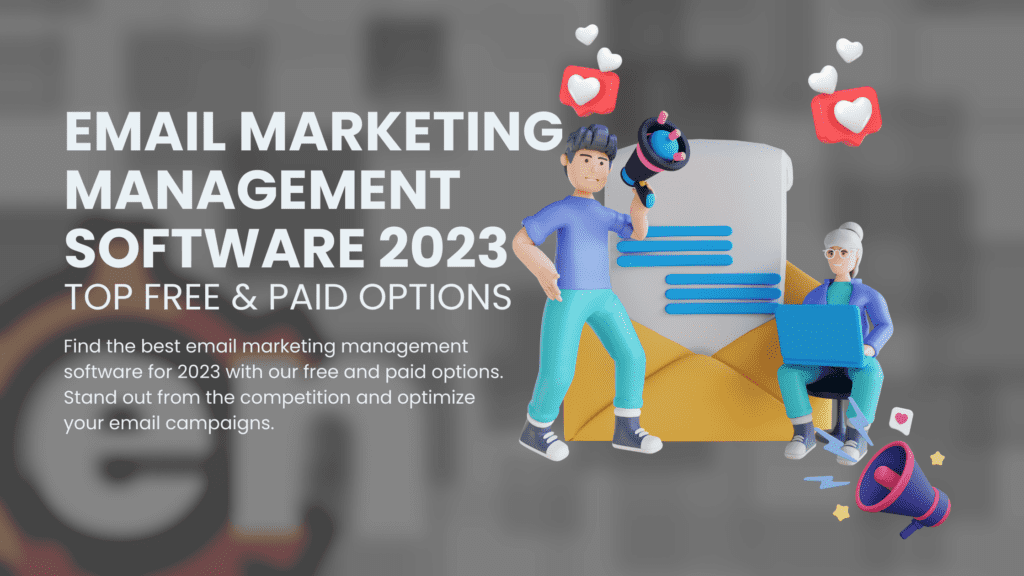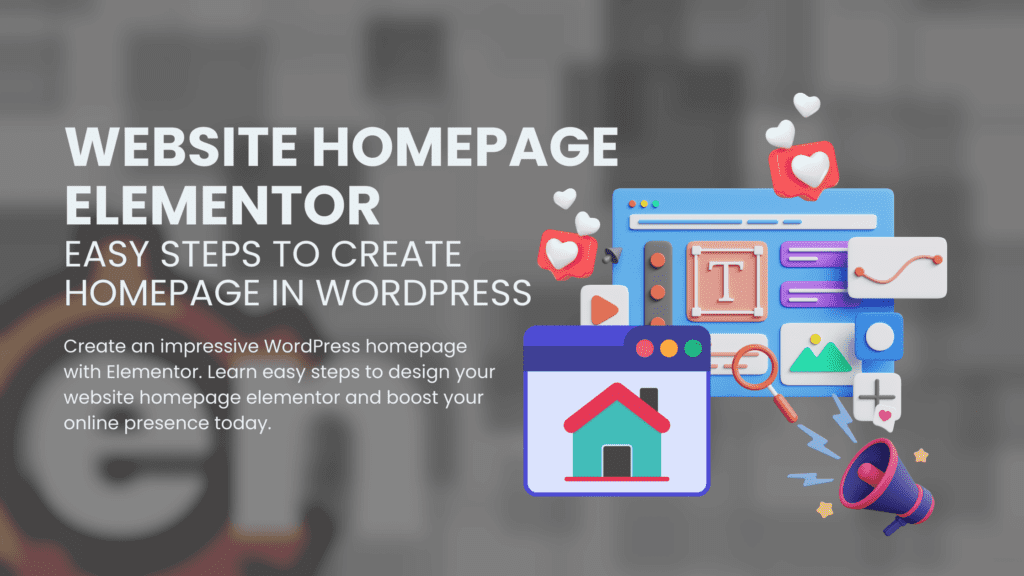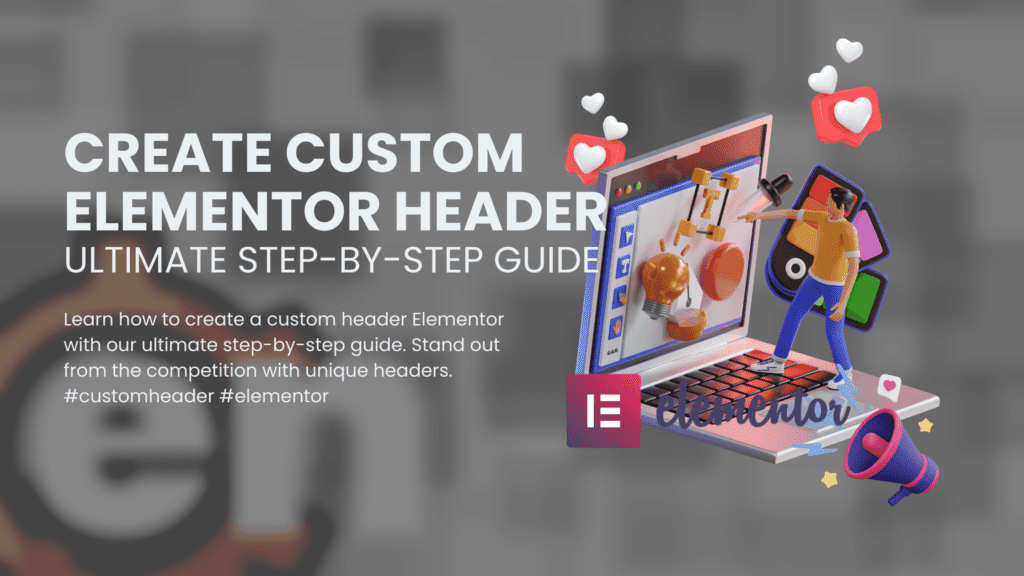If you’re looking to improve your website’s on-page SEO, one of the most important things to focus on is your title tags. Title tags are the text snippets that appear in search engine results pages (SERPs) and web browsers as the clickable headline for a given web page.
They play a crucial role in improving your website’s visibility, click-through rates, and overall search engine rankings.
In this article, we’ll discuss how to write effective title tags for on-page SEO that can help you outrank your competitors and attract more targeted traffic to your website.
Before we dive into the specifics of writing effective title tags, let’s take a closer look at what title tags are and why they matter for on-page SEO.
What Are Title Tags?
Title tags are HTML elements that specify the title of a web page.
They appear in the head section of your website’s HTML code and provide information about the content of a web page to search engines and web browsers.
Title tags are often used by search engines as the clickable headline for a given web page in search results.
They also appear at the top of web browsers when a user visits a web page.
Why Do Title Tags Matter for On-Page SEO?
Title tags are one of the most important on-page SEO elements because they provide search engines with a clear understanding of what a web page is about.
They are also the first thing that users see in search results and web browsers, making them a critical factor in improving click-through rates and attracting targeted traffic to your website.
In addition, title tags can also influence your website’s overall search engine rankings, as they are a key ranking factor for many search engines.
Best Practices for Writing Effective Title Tags for SEO?
Now that you understand what title tags are and why they matter for on-page SEO, let’s discuss the best practices for title tags that can help you outrank your competitors and attract more targeted traffic to your website.
Keep It Concise
Your title tag should be concise and to the point.
Aim for a maximum title tag character limit of 60 characters, as this is the typical length that search engines will display in search results.
Avoid using filler words or fluff and focus on conveying the most important information about your page in as few words as possible.
Include Your Primary Keyword
Your title tag should include your primary keyword.
This helps search engines and users understand what your page is about and improves your chances of ranking for relevant search queries.
Be sure to include your primary keyword at the beginning of your title tag for maximum impact.
Make It Compelling
Your title tag should be compelling and enticing to users.
Use persuasive language and include a value proposition or benefit to entice users to click through to your website.
Consider adding a call-to-action or other strong motivator to increase click-through rates.
Use Branding
If your website has a well-known brand or domain name, consider including it in your title tag.
This can help improve brand recognition and attract more targeted traffic to your website.
Be sure to include your brand name at the end of your title tag, after your primary keyword.
Keep It Unique
Each page on your website should have a unique title tag.
Avoid using duplicate title tags across multiple pages, as this can confuse search engines and harm your search engine rankings.
Be sure to customize your title tags for each individual page on your website based on the specific content and primary keyword.
Use Proper Formatting
When writing your title tag, be sure to use proper formatting.
Use sentence case (capitalize only the first letter of each word, except for proper nouns) and separate different elements of your title tag with a vertical bar (|) or hyphen (-).
This makes your title tag easier to read and more visually appealing to users and search engines.
Consider Local SEO
If your website targets a specific geographic location, consider including your location in your title tag.
This can help improve your visibility in local search results and attract more targeted traffic from your target location.
Be sure to include your location at the end of your title tag, after your primary keyword and any other branding.
Avoid Keyword Stuffing
While it’s important to include your primary keyword in your title tag, avoid stuffing it with too many keywords.
This can harm your search engine rankings and make your title tag look spammy to users.
Use your primary keyword naturally and include other relevant and related keywords as needed.
Test and Iterate
Finally, be sure to test and iterate your title tags over time.
Use analytics tools to track your click-through rates and search engine rankings, and make adjustments as needed to improve your performance.
Consider running A/B tests to compare different variations of your title tags and see which ones perform best.
FAQS
How many characters should my title tag be?
Aim for a maximum of 60 characters, as this is the typical length that search engines will display in search results.
Should I include my primary keyword in my title tag?
A: Yes, including your primary keyword in your title tag helps search engines and users understand what your page is about and improves your chances of ranking for relevant search queries.
Should I include my brand name in my title tag?
If your website has a well-known brand or domain name, consider including it in your title tag. This can help improve brand recognition and attract more targeted traffic to your website.
How often should I update my title tags?
You should update your title tags as needed to improve your search engine rankings and click-through rates. Use analytics tools to track your performance and make adjustments as needed over time.
Should I include my location in my title tag?
If your website targets a specific geographic location, consider including your location in your title tag. This can help improve your visibility in local search results and attract more targeted traffic from your target location.
Can I use duplicate title tags across multiple pages?
A: No, each page on your website should have a unique title tag. Avoid using duplicate title tags across multiple pages, as this can confuse search engines and harm your search engine rankings.
Conclusion
Writing effective title tags is a critical component of on-page SEO that can help you outrank your competitors and attract more targeted traffic to your website.
By following these best practices, you can create compelling, concise, and keyword-rich title tags that improve your search engine rankings, increase click-through rates, and ultimately drive more valuable traffic to your website.
Remember to keep your title tags unique, test and iterate over time, and always focus on providing the most valuable and relevant content to your users.
With these tips in mind, you can write effective title tags that help you achieve your on-page SEO goals and stand out in the crowded online landscape.






